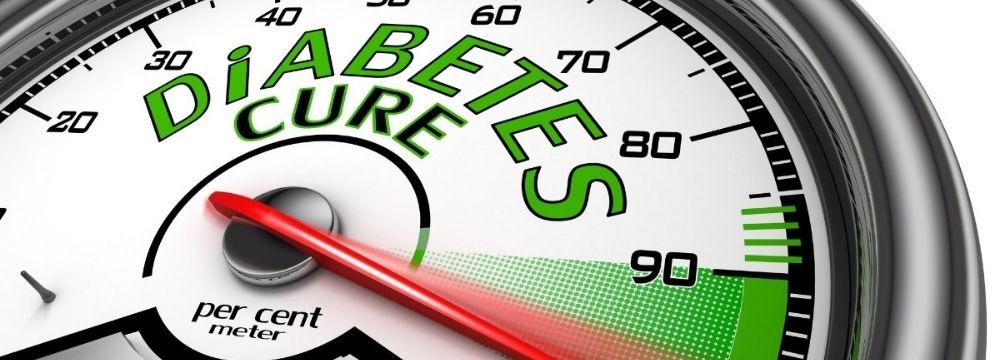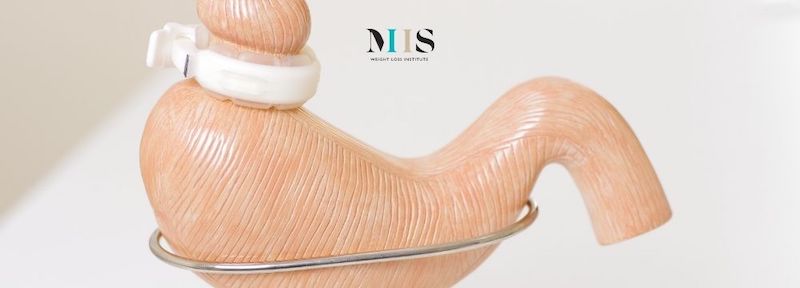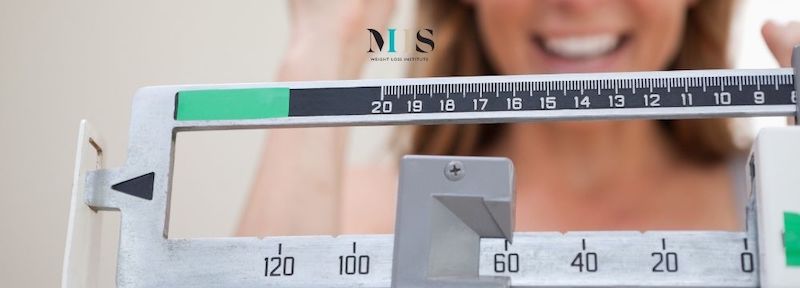Sleeve Gastrectomy
When considering bariatric surgery, weight regain is at the top of patients’ minds. After all, the whole point of surgery is to drop the pounds, get back to a more normal weight, and improve or eliminate the diseases associated with obesity. There are horror stories on the Internet discussing significant weight regain and losing the benefit they achieved through surgery. It is one of the most common issues stopping patients from getting surgery. But will it happen to you?
Let’s discuss weight gain and whether you should be worried about it now that you are considering bariatric surgery.
First, Let’s Discuss Your Responsibilities
Noncompliance with the postoperative diet is the most common reason for weight regain after a weight loss surgery like the gastric sleeve. You’ve probably heard it repeatedly – bariatric surgery is not the easy way out, and it is not a magic bullet. Quite the opposite is true: Bariatric surgery will require effort after surgery. This means an improved diet as well as regular exercise. That’s not to say bariatric surgery won’t help you achieve that. The surgery gives you a motivational and hormonal boost that can make dieting and exercise far easier than before. It’s one of the reasons why bariatric patients typically lose a considerable amount of weight over the first two years after the procedure.
If you dedicate yourself to following the post-operative packet provided by us or your bariatric surgeon, you have a good chance of keeping that weight off over the long term. But remember, obesity is a lifelong struggle, both mental and physical. So, look at post-operative life as a lifelong challenge.
An Adaptable Organ
When you have a sleeve, your stomach is divided in two, leaving about 25% of its original volume. However, the stomach is a very adaptable organ and stretches when too much food is consumed. Overindulgence that stretches your pouch occasionally is no big deal because the stomach snaps back to where it was before. But continued non-compliance, especially by overeating or drinking carbonated drinks regularly, can stretch the pouch over several months to a few years. This will allow you to eat more food, consume more calories, and regain some of that weight.
Hormonal Benefits Can Wear Off
The hormonal benefit of the gastric sleeve in the form of suppressed ghrelin production begins to wane after a couple of years. If you have researched the gastric sleeve, you know that by removing the stomach’s fundus, we remove this hunger hormone’s primary production center. However, the body eventually compensates by producing ghrelin in the small intestine. This means that, while you likely did not feel hungry for many months or even a couple of years after surgery, you may start feeling those hunger pains again – often sometime after the 18-month to two-year mark. This does not mean that you are surely going to gain additional weight. You just have to be aware of this possibility and tailor your diet to this new reality. This means sticking to lean protein intake requirements and replacing simple carbs like added sugars and white grains with complex carbs like whole wheat and brown rice. It also means not getting calories from liquids and focusing on proper hydration.
When the Procedure Fails
On occasion, the primary bariatric surgeon may not remove as much of the stomach as they should, meaning that the sleeve does not offer enough restriction to give patients the full benefit of the procedure.
This is a rare occurrence and usually occurs when a patient’s procedure is performed overseas, or at a center with lax oversight or an inexperienced surgeon. Having your bariatric surgeon nearby is often beneficial so you can consult with them about potential issues early on and do not have to travel far to get care. This is not to say you cannot travel for your surgery, but your bariatric practice needs to be responsive and have a comprehensive postop plan for you as an out-of-state or out-of-area patient.
A Note For Band Patients
Patients with a Lap-Band, the brand name of the most popular adjustable gastric band are most susceptible to postop complications. We see lots of band patients who are no longer receiving the benefit from their procedure due to slippage or erosion of the band. This is not to say that every band patient will fail; most patients will enjoy good long-term results. However, for band patients with postop issues, the procedure can be converted to a gastric sleeve or gastric bypass to get back on track.
The Bottom Line
It’s important to remember that most bariatric surgery patients, who are well qualified, physically and psychologically, do exceptionally well not only in a couple of years after their surgery but for decades and even the rest of their lives. Surgical technique and technology have reduced the likelihood of complications to levels seen during a simple gallbladder removal, and every year, it just gets better.
However, patients concerned about their weight regain should speak to Dr. Kevin Huguet about their options. We’ve done this thousands of times and can confidently tell you how to lose weight and keep it off.










